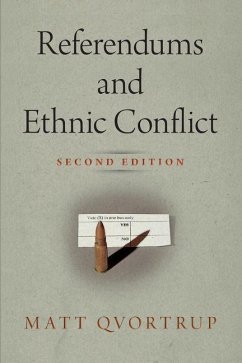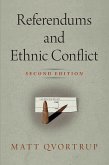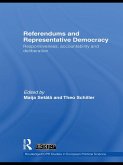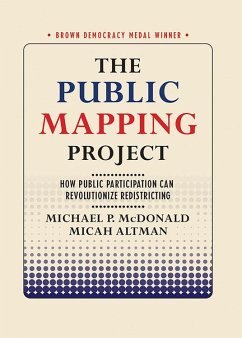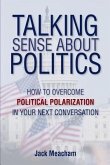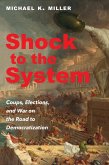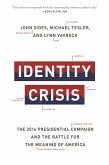Although referendums have been used for centuries to settle ethnonational conflicts, there has yet been no systematic study or generalized theory concerning their effectiveness. Referendums and Ethnic Conflict fills the gap with a comparative and empirical analysis of all the referendums held on ethnic and national issues from the French Revolution to the 2012 referendum on statehood for Puerto Rico. Drawing on political theory and descriptive case studies, Matt Qvortrup creates typologies of referendums that are held to endorse secession, redraw disputed borders, legitimize a policy of homogenization, or otherwise manage ethnic or national differences. He considers the circumstances that compel politicians to resort to direct democracy, such as regime change, and the conditions that might exacerbate a violent response.
Qvortrup offers a clear-eyed assessment of the problems raised when conflict resolution is sought through referendum as well as the conditions that are likely to lead to peaceful outcomes. This original political framework will provide a vital resource in the ongoing investigation into how democracy and nationalism may be reconciled.
Qvortrup offers a clear-eyed assessment of the problems raised when conflict resolution is sought through referendum as well as the conditions that are likely to lead to peaceful outcomes. This original political framework will provide a vital resource in the ongoing investigation into how democracy and nationalism may be reconciled.
Dieser Download kann aus rechtlichen Gründen nur mit Rechnungsadresse in A, D ausgeliefert werden.

